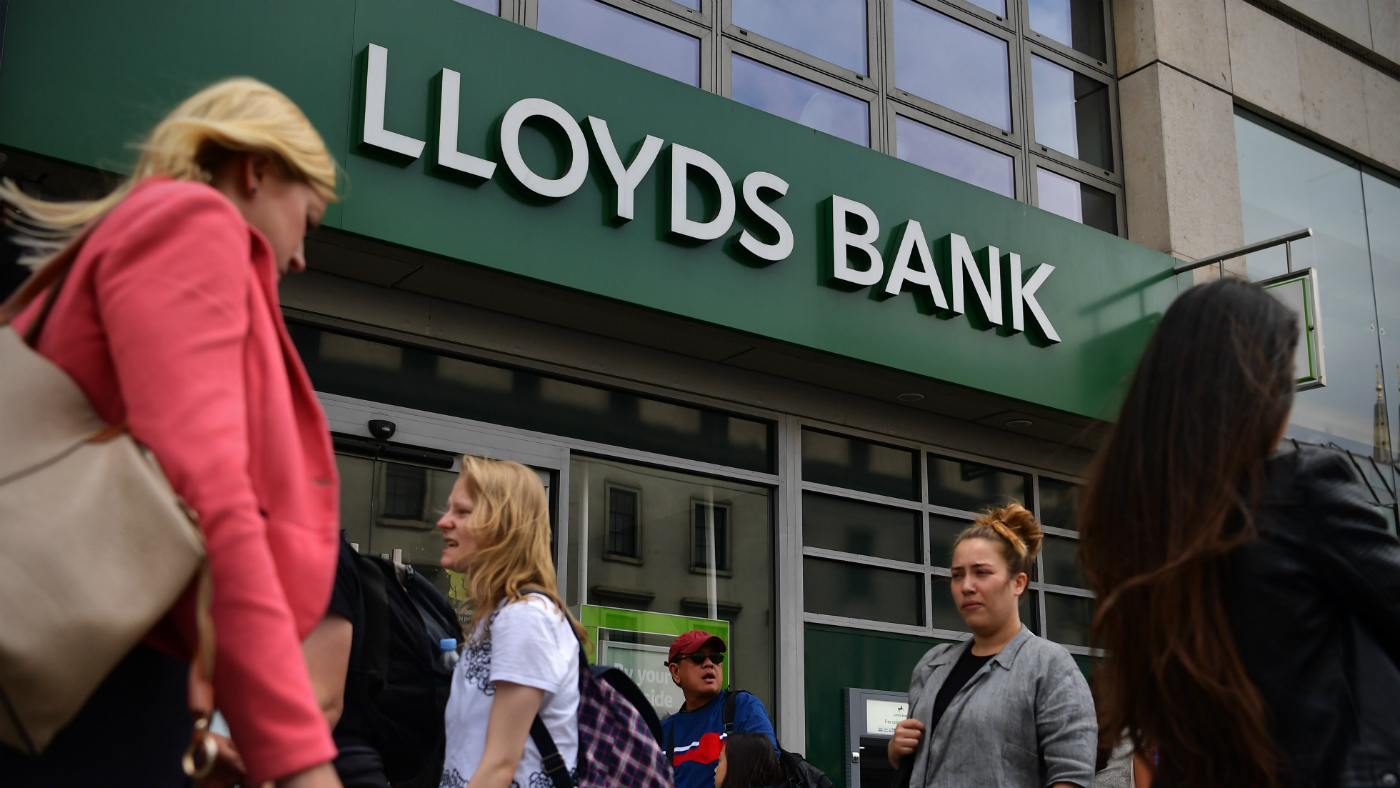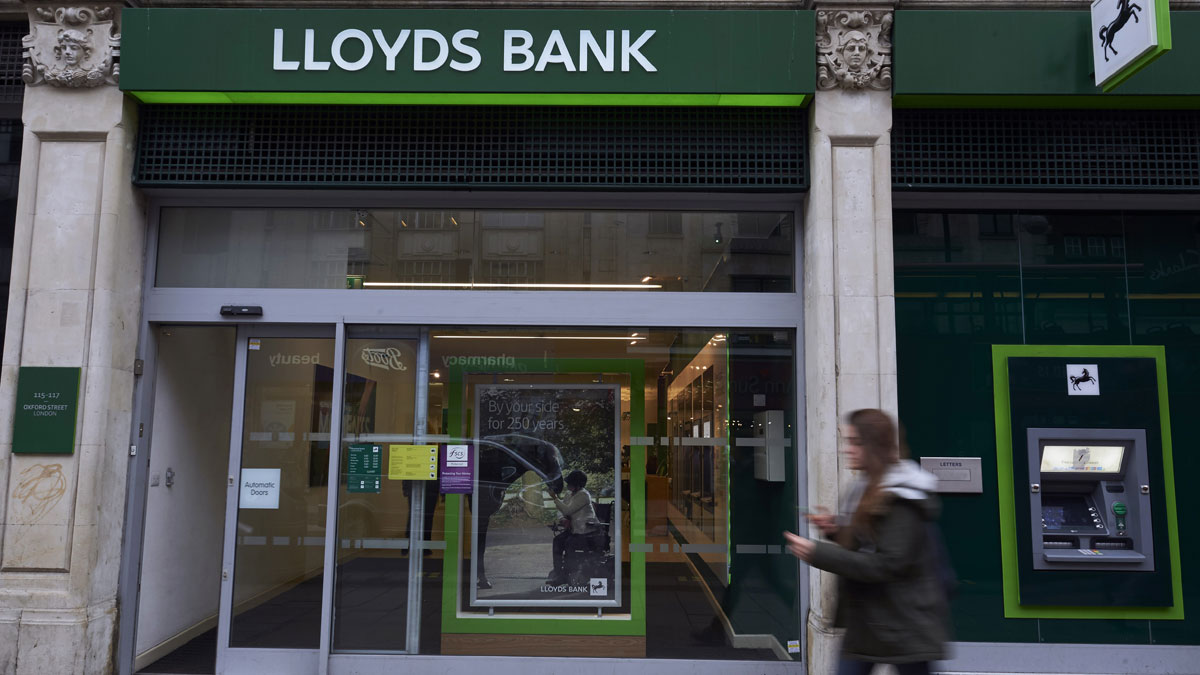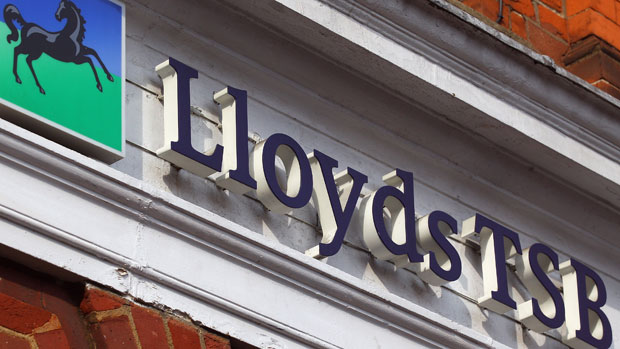Scottish independence: the referendum and your money
A vote for Scottish independence could have a big impact on your investments. We explain the risks

A free daily email with the biggest news stories of the day – and the best features from TheWeek.com
You are now subscribed
Your newsletter sign-up was successful
The Scottish Widow has had a makeover – or rather, the English part of her has been on the receiving end of one. The brand was recently split in two when Lloyds Bank sold Scottish Widows Investment Products to the fund group Aberdeen Asset Management while keeping hold of the “core” life and pensions business. Thus, while a part of the widow has gone home to Scotland, Amber Martinez’s new sassier version, complete with couture-designed cloak, is an entirely Sassenach creation.
The story is a taster of what might happen on a much broader scale if Scotland votes for independence in September. If you live south of the border, you might be wondering how much a fracture could damage Britain’s general economic standing (or whether you’re on the hook as a taxpayer if the sterling currency union goes horribly wrong), but you may not have thought about how it might affect you personally. In fact, a yes vote could have quite a big impact on your investments.
Indigenous Scottish fund management groups – like Baillie Gifford, Alliance Trust, Kames Capital and Aberdeen – currently have around half a trillion pounds under management (£520bn). But the vast majority of their customers live elsewhere in the UK. In fact, 86 per cent of the cash they raked in last year derived from outside sales, according to Scottish government figures. In other words, there’s quite a strong chance that you may have skin in this game, whether you live in Scotland or nae.
The Week
Escape your echo chamber. Get the facts behind the news, plus analysis from multiple perspectives.

Sign up for The Week's Free Newsletters
From our morning news briefing to a weekly Good News Newsletter, get the best of The Week delivered directly to your inbox.
From our morning news briefing to a weekly Good News Newsletter, get the best of The Week delivered directly to your inbox.
There’s an old saying in Scotland that “many a mickle makes a muckle” (ie, that small savings soon amount to large sums), and the country certainly has a historic reputation for financial management and innovation. The two clergymen behind the original Scottish Widows, Robert Wallace and Alexander Webster, are credited with inventing life insurance in 1748. And it was a Dundonian jute trader, Robert Fleming (grandfather to Bond author Ian) who pioneered investment trusts in the 1870s before going on to found a City dynasty.
Scottish fund groups, moreover, are still moving markets. Aberdeen’s £600m deal with Lloyds in November saw it overtake Schroders as Europe’s largest quoted fund manager. Not bad for an outfit that was branded a pariah and teetering on the brink of corporate disaster ten years ago, when its role in the split-capital investment trust scandal saw 97 per cent wiped off its share value.
Aberdeen’s turbulent history reminds us that Scotland has also produced its fair share of financial adventurers. The economist John Law (1671-1729), for instance, has been credited with everything from inventing poker, to laying the ground rules of modern futures trading. But he was also a convicted murderer (as a result of a dual) who, having escaped the hangman, nearly bankrupted France as its Controller General of Finances by leading the country into the Mississippi bubble.
As Alistair Darling, who is heading the pro-union Better Together campaign, likes to point out, it was another disastrous Scottish colonial adventure, the Darien scheme, which precipitated the 1707 union with England by nearly bankrupting the nation. Had Scotland been independent when RBS went down needing £45bn, he observes, the same fate would have been unavoidable.
A free daily email with the biggest news stories of the day – and the best features from TheWeek.com
Given all these factors, it’s not surprising that many Scottish fund and investment trust managers are highly wary of a vote for independence, though few will say so publicly.
At present, polls suggest that the Nationalists are well short of a majority. But the Yes camp has been gaining ground and, with one in four Scottish voters apparently still swing voters, the result could be much closer than many think.
“Many people remain undecided and the argument that the people of Scotland are as wealthy as those elsewhere in the UK, on the grounds of GDP per capita, is very convincing,” says James Clunie, a Scot who manages Jupiter’s Absolute Return fund. “The technical arguments about details over financial and banking regulation are less engaging” – but just as crucial.
One possible consequence of a breakaway Scotland would be new regulatory and tax authorities that would impose an extra layer of costs on investments there. But even if the union is retained, Clunie reckons the uncertainty surrounding the vote is already “an immediate problem”. As he told The Daily Telegraph, capital investment in the energy sector is being delayed over anxiety about how subsidies might change if Scotland parted from the union.
Of course, the creation of any new state is a huge undertaking, and many will argue that a few broken eggs are worth sacrificing for the final omelette. As Gavin McCrone, author of Scottish Independence: Weighing Up the Economics, notes, “Scotland could be perfectly viable. But it would be a bumpy ride to begin with.”
“As a business, 2014 promises to be quite an interesting year,” concludes Katherine Garrett-Cox of the Dundee-based investment manager, Alliance Trust. She said it.
writes profiles for Money Week and is City editor of The Week.
-
 Political cartoons for February 21
Political cartoons for February 21Cartoons Saturday’s political cartoons include consequences, secrets, and more
-
 Crisis in Cuba: a ‘golden opportunity’ for Washington?
Crisis in Cuba: a ‘golden opportunity’ for Washington?Talking Point The Trump administration is applying the pressure, and with Latin America swinging to the right, Havana is becoming more ‘politically isolated’
-
 5 thoroughly redacted cartoons about Pam Bondi protecting predators
5 thoroughly redacted cartoons about Pam Bondi protecting predatorsCartoons Artists take on the real victim, types of protection, and more
-
 Lloyds simplifies overdraft fees ahead of new rules
Lloyds simplifies overdraft fees ahead of new rulesSpeed Read Existing range to be scrapped and replaced with one charge of 1p per day for every £7 borrowed
-
 Final deadline for claiming PPI compensation set
Final deadline for claiming PPI compensation setSpeed Read Claims for mis-sold Payment Protection Insurance must be made by 29 August 2019, says FCA
-
 PPI claims 'underpaid by £1bn' as banks ignore fees
PPI claims 'underpaid by £1bn' as banks ignore feesSpeed Read Lloyds, Barclays, MBNA and Capital One accused of ignoring fees and charges in PPI compensation
-
 TSB share boost: will they make a good investment?
TSB share boost: will they make a good investment?Speed Read Unexpectedly high demand for TSB shares has led Lloyds to sell a larger stake in the new bank